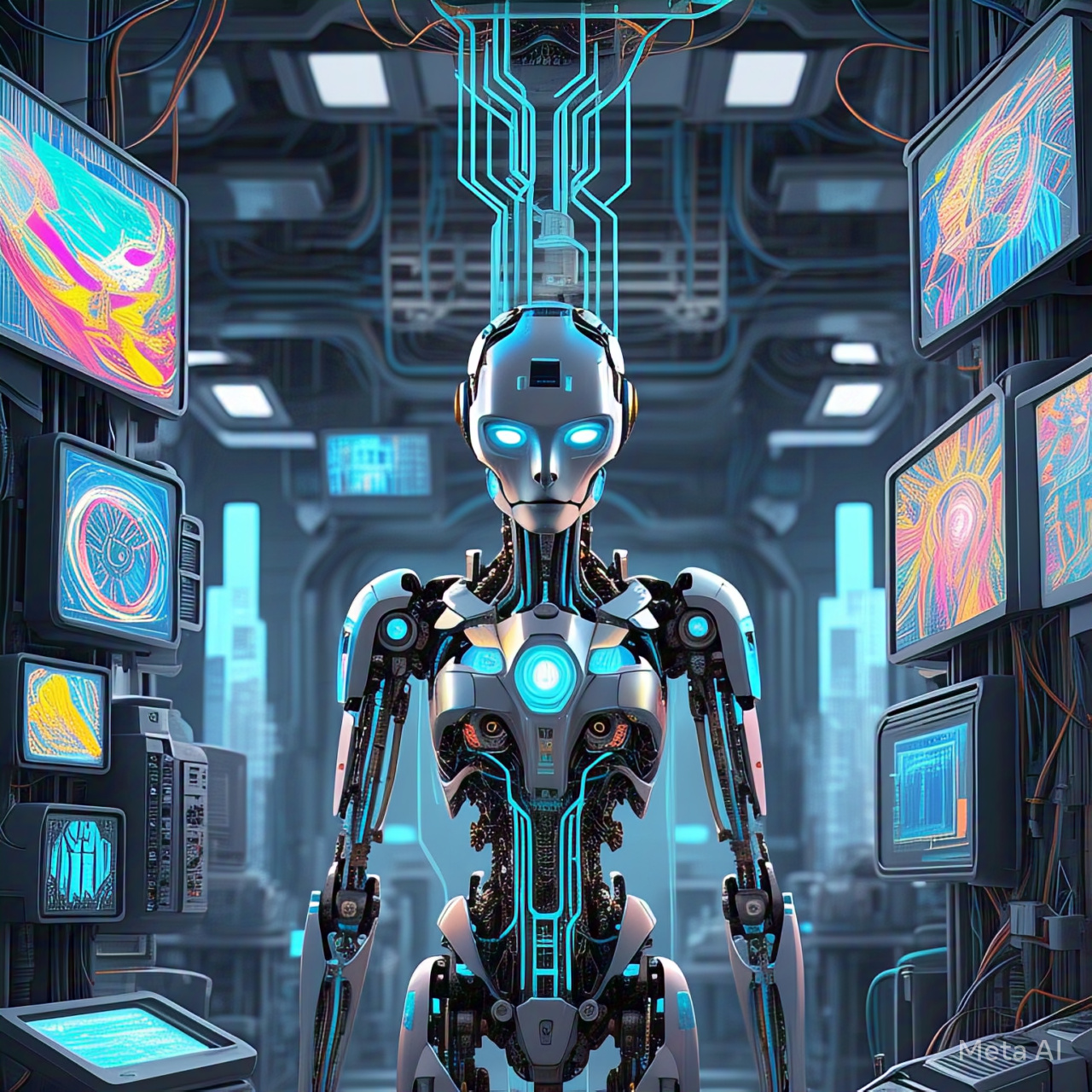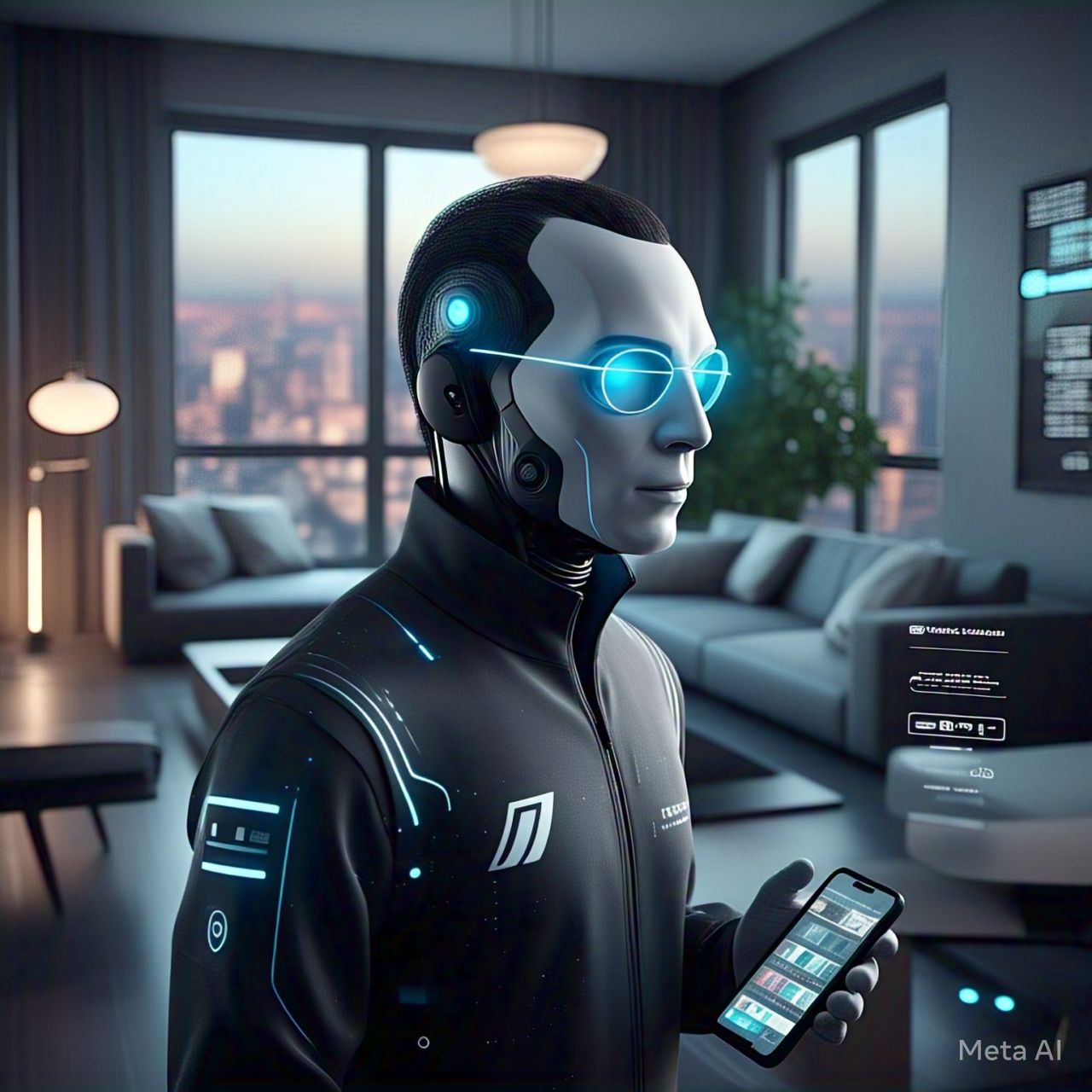Table of Contents
- Introduction
- Understanding AI in Digital Marketing
- Benefits of AI in Marketing Strategies
- AI-Powered Personalization
- Chatbots and Conversational Marketing
- AI in Content Creation and Optimization
- Predictive Analytics for Consumer Behavior
- AI in Email Marketing
- Voice Search Optimization with AI
- AI in Social Media Marketing
- Ethical Considerations in AI Marketing
- Challenges and Limitations
- The Future of AI in Digital Marketing
- FAQs
- Conclusion
- References
1. Introduction
Artificial Intelligence (AI) is revolutionizing digital marketing by enabling businesses to optimize campaigns, enhance personalization, and predict consumer behavior. From chatbots to predictive analytics, AI is reshaping marketing strategies to increase efficiency and engagement.
2. Understanding AI in Digital Marketing
AI in digital marketing refers to the use of machine learning, data analytics, and automation to improve marketing efforts. It enables businesses to analyze vast amounts of data, generate insights, and create highly targeted campaigns.
3. Benefits of AI in Marketing Strategies
- Improved Customer Experience: AI enhances customer interactions through personalized recommendations and automated responses.
- Efficiency and Automation: Automates repetitive tasks, saving time and resources.
- Enhanced Data Analysis: Processes large datasets quickly for better decision-making.
- Optimized Ad Targeting: AI helps in identifying the right audience for ads, improving ROI.
4. AI-Powered Personalization
AI-driven personalization tailors marketing messages based on user behavior, preferences, and demographics. Companies like Amazon and Netflix use AI to recommend products and content to users, enhancing engagement and conversion rates.
5. Chatbots and Conversational Marketing
AI-powered chatbots provide 24/7 customer support, handle inquiries, and engage users in real-time conversations. Businesses integrate chatbots into websites and social media platforms to enhance user experience.
6. AI in Content Creation and Optimization
AI tools like GPT-4 and Jasper generate content, optimize SEO strategies, and suggest improvements. AI analyzes user engagement and suggests modifications for better performance.
7. Predictive Analytics for Consumer Behavior
AI-driven predictive analytics helps marketers anticipate consumer behavior, enabling proactive decision-making. Businesses use AI to analyze past data, identify trends, and forecast future buying patterns.
8. AI in Email Marketing
AI optimizes email marketing campaigns by analyzing open rates, engagement, and conversion metrics. AI-powered tools segment audiences and personalize emails for higher engagement.
9. Voice Search Optimization with AI
With the rise of voice search, AI helps businesses optimize content for voice assistants like Siri, Alexa, and Google Assistant. Voice search optimization focuses on natural language processing (NLP) to align with spoken queries.
10. AI in Social Media Marketing
AI tools analyze social media trends, track user interactions, and generate automated posts. AI-powered analytics help businesses tailor social media strategies for better engagement and conversions.
11. Ethical Considerations in AI Marketing
As AI in marketing grows, ethical concerns arise regarding data privacy, transparency, and biases in algorithms. Businesses must ensure ethical AI usage to maintain customer trust.
12. Challenges and Limitations
Despite its advantages, AI in digital marketing faces challenges like data security, implementation costs, and dependency on high-quality data. Businesses must address these limitations for successful AI integration.
13. The Future of AI in Digital Marketing
AI continues to evolve, with advancements in deep learning, automated ad placements, and hyper-personalization. The future of AI in digital marketing promises even more innovative solutions to enhance customer experiences and business success.
14. FAQs
Q1: How does AI improve digital marketing strategies?
AI enhances digital marketing by automating processes, personalizing content, and predicting consumer behavior for better decision-making.
Q2: What AI tools are commonly used in marketing?
Popular AI marketing tools include ChatGPT, Jasper, SEMrush, HubSpot, and Google Analytics.
Q3: Is AI replacing human marketers?
AI automates tasks but does not replace human creativity and strategy. Marketers use AI to enhance their efforts, not replace them.
Q4: How can small businesses leverage AI in marketing?
Small businesses can use AI-powered tools for content creation, customer service chatbots, email automation, and social media analytics.
Q5: What are the biggest challenges in AI-driven marketing?
Challenges include data privacy concerns, implementation costs, and ensuring AI-generated content aligns with brand values.
15. Conclusion
AI is transforming digital marketing by enhancing personalization, optimizing ad campaigns, and improving customer engagement. Businesses that embrace AI-driven marketing strategies gain a competitive edge in the digital landscape.





